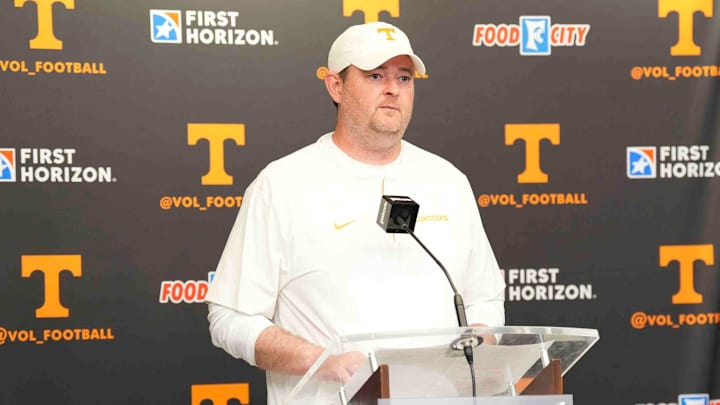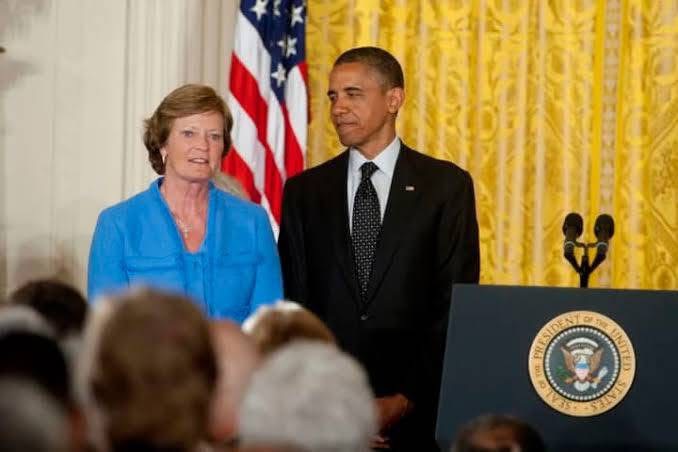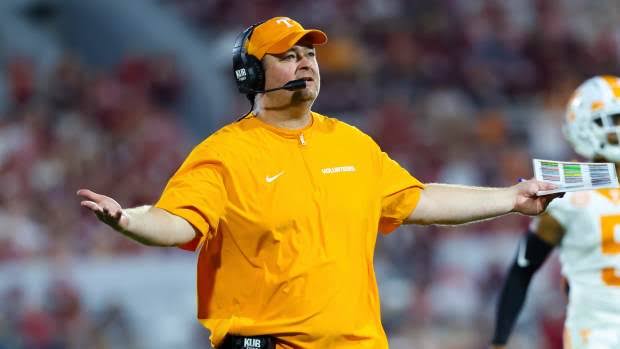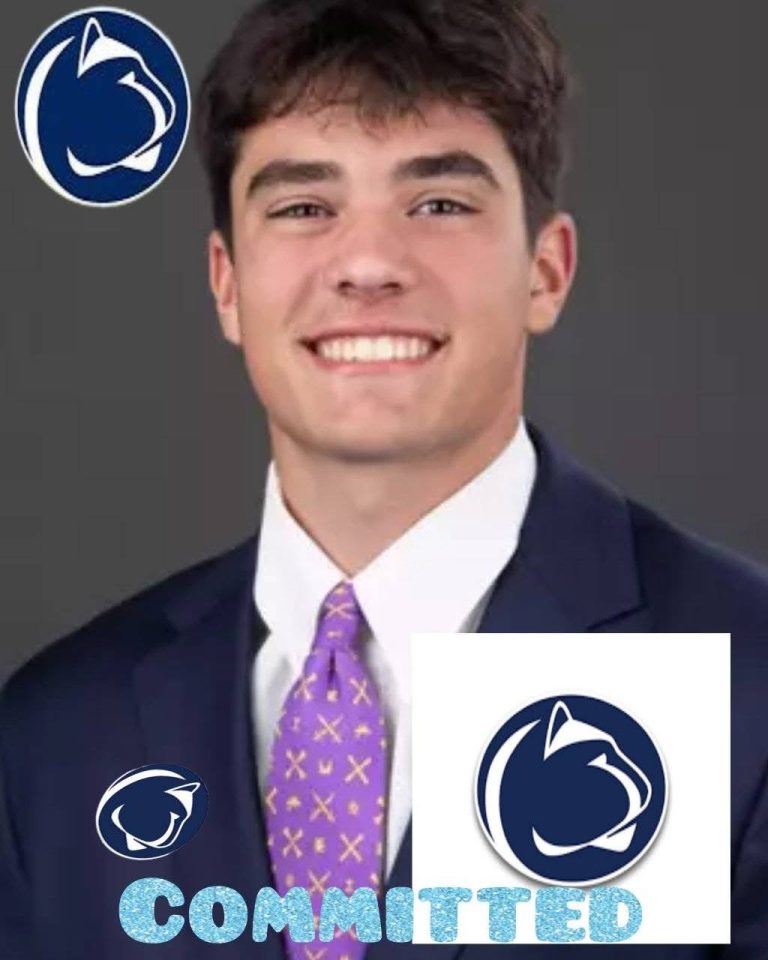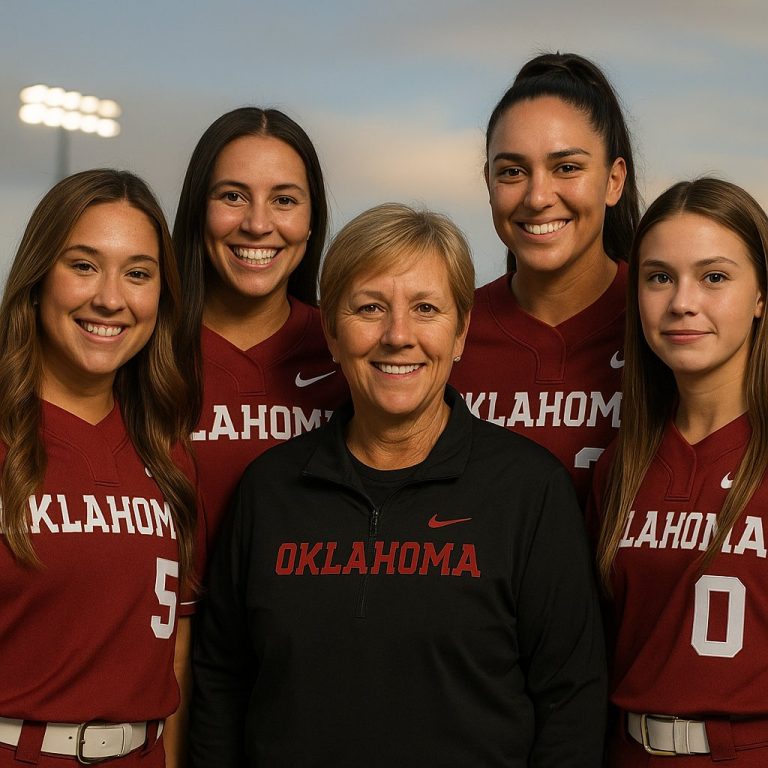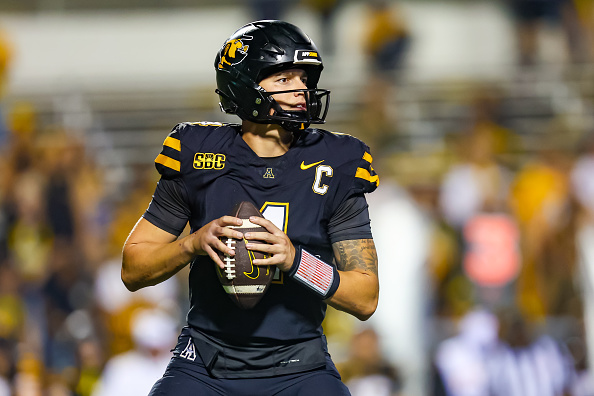
Knoxville Sentinel Report News: The Tennessee Volunteers football program is poised to save over $1 million as it shifts its quarterback focus from Nico Iamaleava to Joey Aguilar for the 2025 season, according to multiple reports, including ESPN’s Pete Thamel. This change not only reshapes Tennessee’s quarterback room but also offers the Vols financial flexibility as they prepare for the upcoming season.
Iamaleava, who was once considered the face of the program’s future, had been projected to earn around $2.4 million in Name, Image, and Likeness (NIL) compensation had he stayed in Knoxville. However, he has since transferred to UCLA, and his current NIL earnings there have not been officially disclosed. Still, sources suggest the figure will be lower than the amount he would have received with the Vols.
In his place, Tennessee is bringing in Joey Aguilar, formerly of Appalachian State and more recently committed to UCLA. Aguilar had a deal worth approximately $1.2 million at UCLA for the 2025 season. But after flipping his commitment to Tennessee, Thamel reports that his new NIL agreement in Knoxville is “close” to that same figure—potentially a little less, but still within range. The precise numbers haven’t been made public, but even a near-match suggests Tennessee could be saving up to $1.2 million in NIL expenditures just by making the switch.
Aguilar brings a solid resume to the table. He threw for over 3,000 yards and 33 touchdowns last season at Appalachian State and is known for his poise and deep-ball accuracy. While not quite the five-star phenom Iamaleava was out of high school, Aguilar offers experience and leadership, and his more affordable NIL cost makes him an attractive option for a team looking to stay competitive without breaking the bank.
What Tennessee does with the potential savings remains to be seen. With a conservative approach so far in the 2025 transfer portal, the Vols have not aggressively replaced several key starters lost from last year’s squad. Aguilar marks just the fifth transfer addition this offseason for head coach Josh Heupel, suggesting that the staff might be planning to either re-invest the saved NIL resources later or hold onto them for future use.
Strategically, this financial flexibility could pay off in a number of ways. Tennessee might choose to strengthen depth across the offensive and defensive lines, add key playmakers at skill positions, or even pursue late transfer window opportunities. Alternatively, saving that money for the 2026 cycle could provide the Vols with a stronger position to compete in what is becoming an increasingly aggressive and expensive market for top-tier talent.
Overall, while the move from Iamaleava to Aguilar may not have been expected by fans earlier in the year, the decision appears to be a calculated one. It balances on-field potential with off-field financial responsibility, something more and more programs are being forced to do in the NIL era. Whether it pays off in wins remains to be seen, but Tennessee’s front office is clearly playing a long game—both competitively and financially—as it navigates the ever-changing college football landscape.

